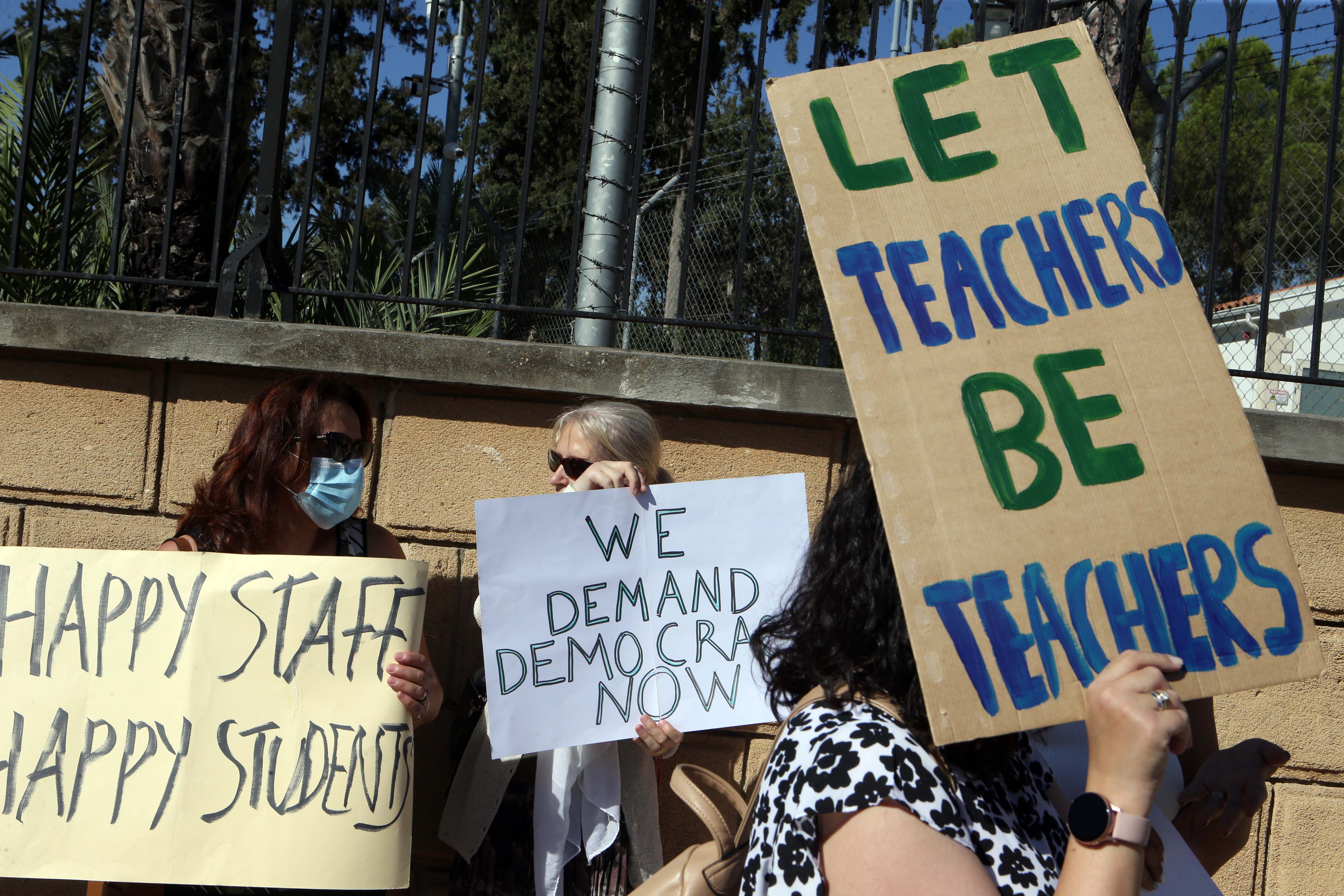In the latest twist to the management-teachers dispute at The English School which dates back to last year concerning the planned, imminent, dismissal of three teachers, opposition deputies of the House education committee have called on President Anastasiades to intervene. They want Anastasiades to prevent the dismissal of the teachers, as if he has the power to interfere in the disciplinary procedures of a private school and overrule the decisions taken by those who are running it.
The argument that the school received a grant €300,000 from the state gives the legislature and the executive the power to interfere in its affairs, is not very convincing. The state also gives subsidies to many other private organisations, but it has never considered this as licence to interfere in the way these conduct their industrial relations. As for the education committee, it has no business interfering in how a private school is run, something indirectly acknowledged by its chairman, Pavlos Mylonas.
“We do not want to impose anything on anyone,” said Mylonas, although he added, “but on the other hand we cannot turn a blind eye to the possibility that even one teacher is being victimized.” But is a House committee eligible or qualified to decide if an employee is being ‘victimised’? If there is such a possibility it would be for the courts to decide and not for deputies or the president who have neither the qualifications nor the authority to act as arbitrators in the dispute.
The chairman of The English School board, Charalambos Iosiphides, declined to attend the committee meeting, angering Mylonas, sending a written statement instead. He said: “As a private school and employer, it exercises its legal right monitoring and examining compliance to its regulations by every member of its staff. Consequently, it has the right to initiate procedures when, there is a prima facie case of disciplinary offences… if a disciplinary offence has been committed it has the right to enforce the provisions of its disciplinary code.”
It is difficult to argue with this. The three teachers may have been victimized, as their union has been claiming, persecuted because they were leading members of the union, but nobody can stop the procedures initiated by the board, which was acting within its rights. The three teachers could now take the school to court, claiming ‘wrongful dismissal’ and seeking compensation for loss of earnings, interruption of career, stress etc.
This is how things work at all private businesses. But because no teacher, working in the public sector, is ever dismissed, it has given rise to the notion that teachers are untouchable – they cannot be sacked if they are lousy at their jobs or committed disciplinary offences. Perhaps deputies and unions need to accept that teachers, at least in private schools, cannot have different treatment from all other private sector workers.







Click here to change your cookie preferences